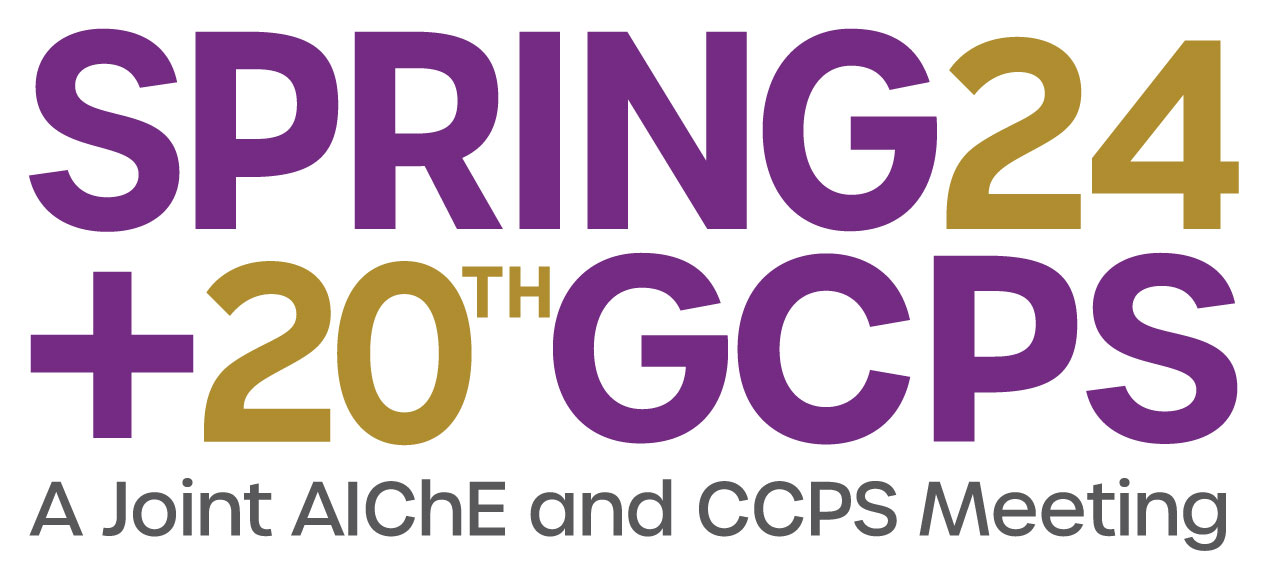

Solid zeolites are widely used in hydrocarbon plants for drying and adsorption applications. The tunability of zeolite properties by varying them chemical composition and structure makes them particularly useful to a diverse range of unit operations. These same characteristics, however, also render upon them catalytic properties that may lead to un-desired reactions such as hydrogenation and oligomerization in these unit operations. As a result, dryers and adsorbers have well-defined operating envelopes that must be adhered to for safe operation. These operating envelopes typically fix the chemical composition, temperature, and pressure of the feed to the zeolite-containing packed bed. In order to define these envelopes, temperature, followed by chemical composition is typically used as the guiding criteria while the effect of pressure is not always considered.
In this study, the authors reveal the importance of considering pressure while assessing potential for thermal runaway as a result of un-desired reactions and ways in which well-designed tests can provide realistic assessment of un-desired reaction rates. Using the case of cracked gas dryers, we will discuss results of calorimetry experiments that reveal the effect of pressure on un-desired reaction rates under adiabatic conditions. Combined with thermokinetic modeling, such studies can reveal induction time of un-desired reactions under various conditions. Using these studies, we will highlight shortcomings of existing calorimetry techniques that under certain conditions, may lead to over-conservative un-desired reaction rates and thus constrain operational flexibility. Lastly, we will discuss calorimetry tests that rely on pressure scanning techniques that can allow users to overcome such shortcomings. These results will then be contextualized by connecting how they can be used to make realistic estimates of runaway potential in zeolite media under various unit operations and modes.
Presenter(s)
Language
Pricing
Individuals
| AIChE Member Credits | 0.5 |
| AIChE Pro Members | $19.00 |
| Fuels and Petrochemicals Division Members | Free |
| AIChE Graduate Student Members | Free |
| AIChE Undergraduate Student Members | Free |
| AIChE Explorer Members | $29.00 |
| Non-Members | $29.00 |
